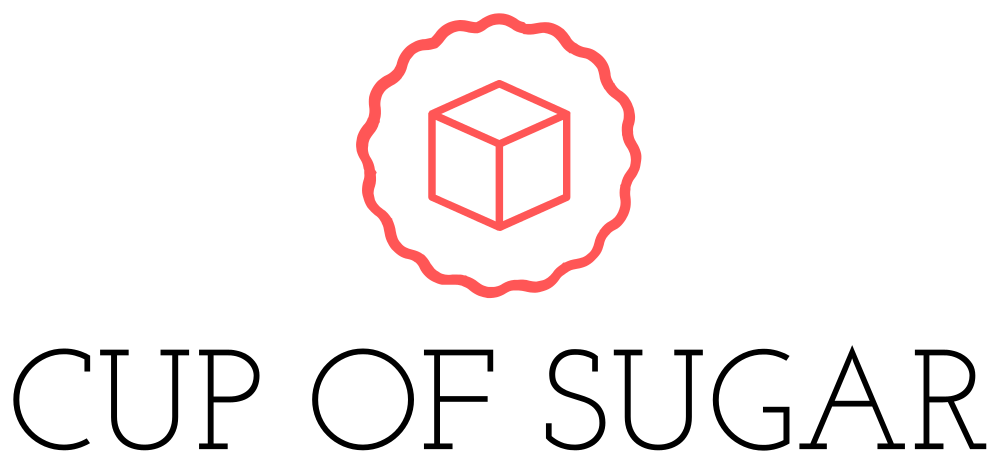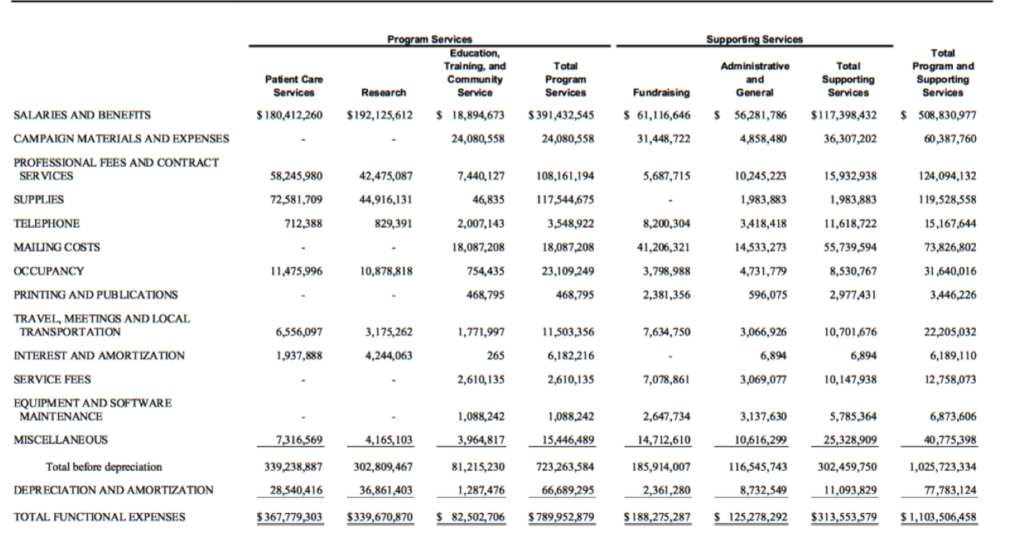
The quest to help humans make change like they mean it
The journey to what might eventually be your career is never a straightforward path. Sometimes, it's not even a path at all. You can just "fall into it" or "fall out" of something else and find your way there.
And sometimes, you just end up picking a career that sucked the least from the giant book of "life choices" they made you read in your high school "Career Studies" class and get insanely lucky.
“A career is an individual's journey through learning, work and other aspects of life. There are a number of ways to define a career and the term is used in a variety of ways.” - (Thanks, Wikipedia.)
I think Goldie Hawn, John Lennon and Charles M. Schulz have all been attributed to saying it best:
What do you want to be when you grow up?
Happy.
I was working in a coffee shop one day when I witnessed the most beautiful conversation between a father and a daughter. The girl was maybe 7 years old. As she sipped on her hot chocolate, the father asked her, "How are you today?"
"Doing okay, Daddy"
"How was school?"
"Good."
"Good."
"So, what gets you excited these days?"
"What makes you happy?"
On and on she went about the things of utmost importance in her little sphere. I couldn't help but be taken aback by her father's insightful questions and the importance of asking them. It's those questions that we keep forgetting to ask ourselves as we edge further and further into adulting.
Nowadays, kids aren't even waiting until they're "grown up" to start making an impact.
Why is "loving what you do" made to seem so unattainable? A sometimes unreasonable expectation enforced by the burgeoning millennial population? I just think that since we spend most of our lives working, that what we choose to get paid for, shouldn't drag our spirits through the mud. And since aging is a "privilege denied to many", we need to recognize the straight up urgency to awesomeness, before it's too late.
The short story of my career path
Growing up, I wanted to be a "medical biochemist", to cure all the diseases, but unfortunately math quickly settled that score:
MATH 1: ME: 0.
There was no push for "Women in STEM" when I grew up. But luckily, I ended up landing on "Marketing" in the life choices book. My first real job was in the financial sector. Growing up corporate was actually a pretty great place to start. It fostered a solid work ethic, gave me an understanding of what "too much " process looks like and taught me how to navigate the political waters like a boss. All good life skills to take with you wherever you go.
I spent almost eight years there through mergers and acquisitions and amidst the financial crisis of 2008, climbed the ropes from corporate communications to tactical execution to strategy development. Being an "all-in" kinda gal, I worked my ass off wherever I went and tried to apply my "positive change" template to all the things.
Ch-Ch-Ch-Ch-Changes: "making an impact"
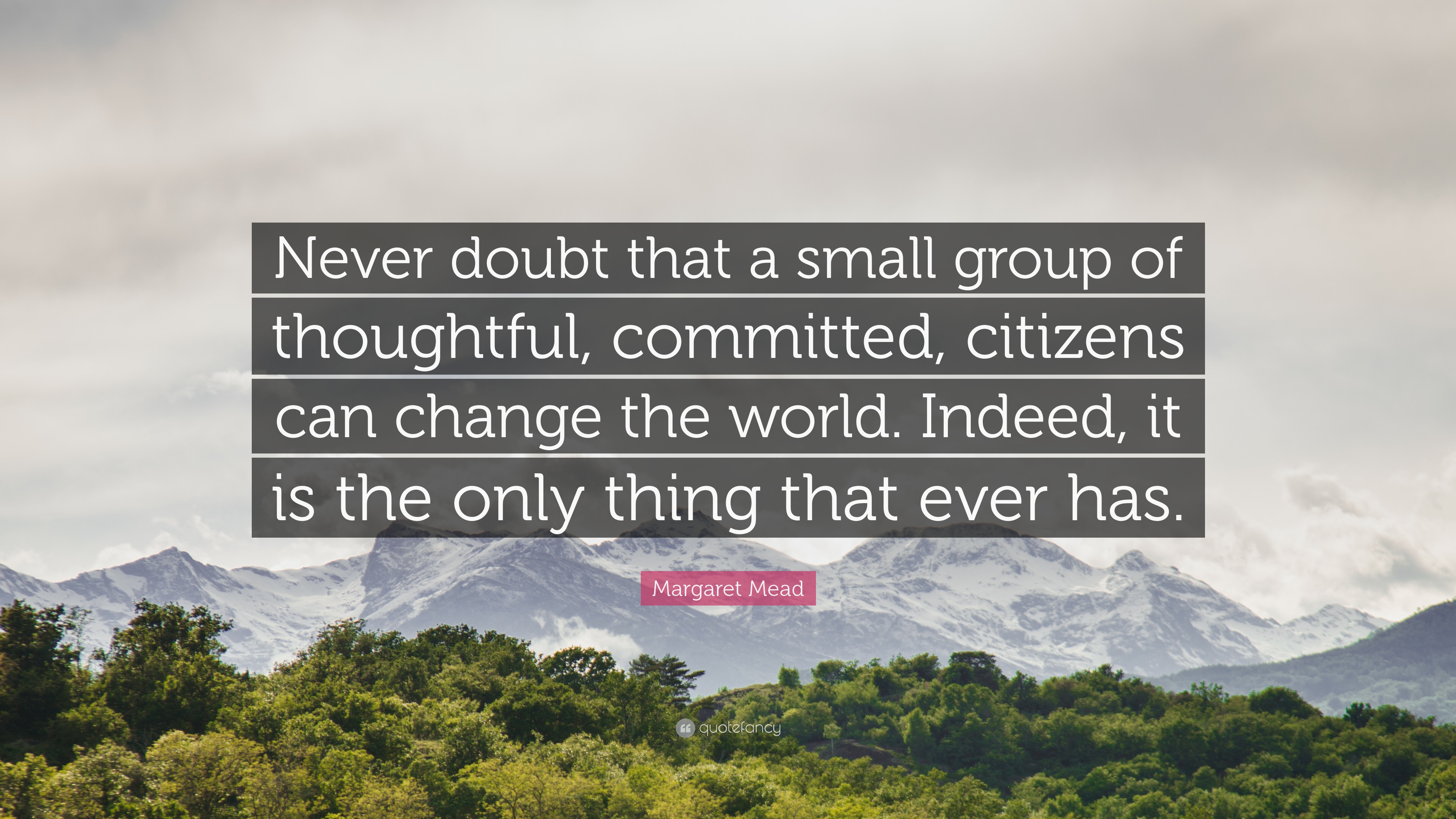
As I started to travel the world I quickly earned more than just stamps on my passport. I gained perspective. Perspective on how other people outside of my sphere lived their lives. How those with "nothing" had the generosity of spirit to give you everything. How what defines happiness can be culturally built in and not made up of "stuff and things" but people and traditions. We take so much for granted in North America, don't you think?
Back home, it became painfully obvious that something was missing. I never woke up feeling proud of what I was contributing to the world. Nor had I added that into the equation of trying to find a job. I don't really remember it being a focus in "Career Studies" either. When you graduate and are on the hunt for a job with absolutely no experience, you'll work just about anywhere that's willing to take a chance on you.
As you add the notches of career experience to your belt, you feel like you can afford (literally) to be a little more "choosy" and aligned with your values.
But, impact that I continually longed to make in the world, continued to elude me here. It was so far away from the bottom line that I could never truly see it. And if I could never truly see it, what was the point?
Some environments or industries aren't even "ready" for the impact you want to make either. As I tried to disrupt (before the term was a 'thing') the world of insurance with the tools I had at the time, I continued to be, what seemed to me, the only salmon swimming upstream.
I came to the epiphany that I had a choice. I wanted to be proud of wherever I worked. I wanted to believe in the product or service, believe in the value it added to the world and I wanted to be damn close to the pulse of the impact of the work I was doing (or bust).
Life after the financial sector found me working at interesting places where I really had the opportunity to expand the breadth of my industry and knowledge base and have a better understanding of how technology is changing the world and I wanted in.
Changing how change is made
I want to change how change in the world is actually made by removing as many barriers as possible.
We humans have become experts at raising money. We fundraise like a boss whenever we are called upon for a cause we care about. But have you ever stopped to wonder what happens with your money after you donate to charities, nonprofits and crowdfunding platforms?
Do you know where all of your money is going?
Do you know what progress has come from it?
Do you know how all donations received have made a difference?
Today's transparency and accountability
Does this help to answer your questions?
How about this?
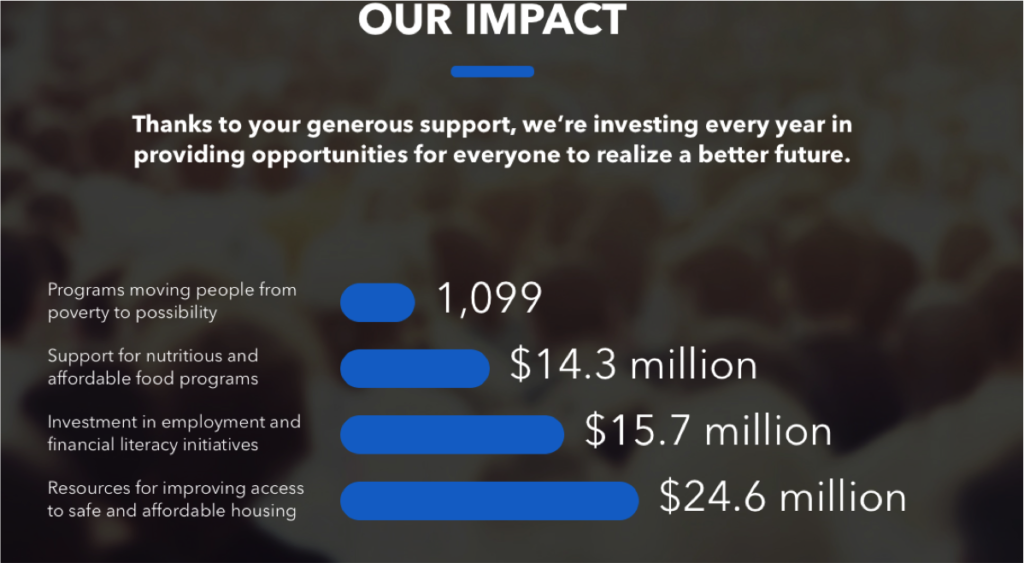
Or this?
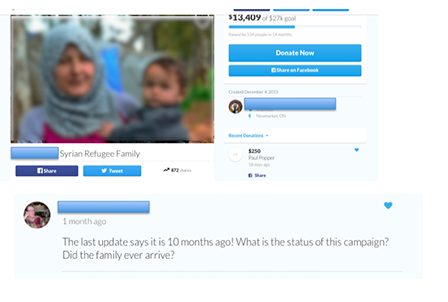
Not really.
Evil, evil overhead?
I started doing some research. In North America alone, we donate more than $400 billion dollars to more than 1 million different charities. Since 2015, the world has raised more than $34 billion dollars for crowdfunding platforms, but there is no accountability or transparency built into any of them, it is only a suggestion. If you ask most people, they couldn't tell you where their money was going, or what progress had been made against issues that matter.
I recently found a 2013 TED Talk from Dan Pallotta that raised a valid point:
"Too many nonprofits, he says, "are rewarded for how little they spend — not for what they get done." Watch it. Really makes you reassess your beliefs. And to answer my rhetorical question, I don't think overhead should be such a dirty word.
I totally agree. Nonprofits and charities would actually be more empowered to make greater change if they were private sector companies, don't you think? I want to help.
I mean, imagine if you dropped the cash at some online store for that epic new quadcopter drone and then it never came? You'd freak out. But we don't care about their overhead, just as long as they deliver on their promise to provide the value you paid for. Same goes for crowdfunding platforms.
Why don't we have the same expectation for our donations to charities and crowdfunding platforms in relation to receiving change? The promise of making a difference? Do we truly care how transparent they are?
I'm not saying that charities and crowdfunding platforms don't do great work, or don't make any positive change. The system they live in though, as Dan Pallotta speaks to, is getting in the way of being as impactful as they could be. Large-scale systemic change is required here.
Rather than change the rulebook, my goal is to change the game, change the conversation and if all goes well, sidestep the roadblocks altogether.
Can I borrow a cup of sugar?
So here's the point of this whole blog: I'm working on a crowdfunding platform, a community, that will provide 100% transparency for project starters and donors. Not only for the flow of money, but also on progress - the promise of making a difference. You can donate money, time, resources and expertise or start a project of your own. Individuals, businesses and non profits can collaborate globally to help solve problems that matter.
What I'm trying to prove is that through transparency we can remove the barriers to making change, help project starters reach their goals faster and ultimately increase the impact of the change we're making. What I haven't figured out, is whether or not people in the world care enough about transparency in the first place to change their habits?
Look at all of the $$$ being thrown around on sites like gofundme for example -is anyone really held accountable for what happens after they collect?
Is this a problem that needs to be solved? Would people donate more? Get involved more? Care more? Or, should I stop what I've been building? Right meow.
What's your take on raising money?
Do you donate to charity? To crowdfunding platforms? Are you a project starter? A charity or a business who wants to be more transparent with what you do? Is transparency a problem you think should be solved? Help me validate some assumptions.
Let me know or check out this short market validation survey to contribute your feedback to the collective.
If you want to see where we end up next and get notified when we launch, help our community of change makers grow by following us on Twitter, Facebook and Instagram. I'll be sharing my journey (as transparently as possible) into startupland and the challenges I face building tech, changing the conversation and raising the bar on accountability and transparency.
More to come. Join me?
